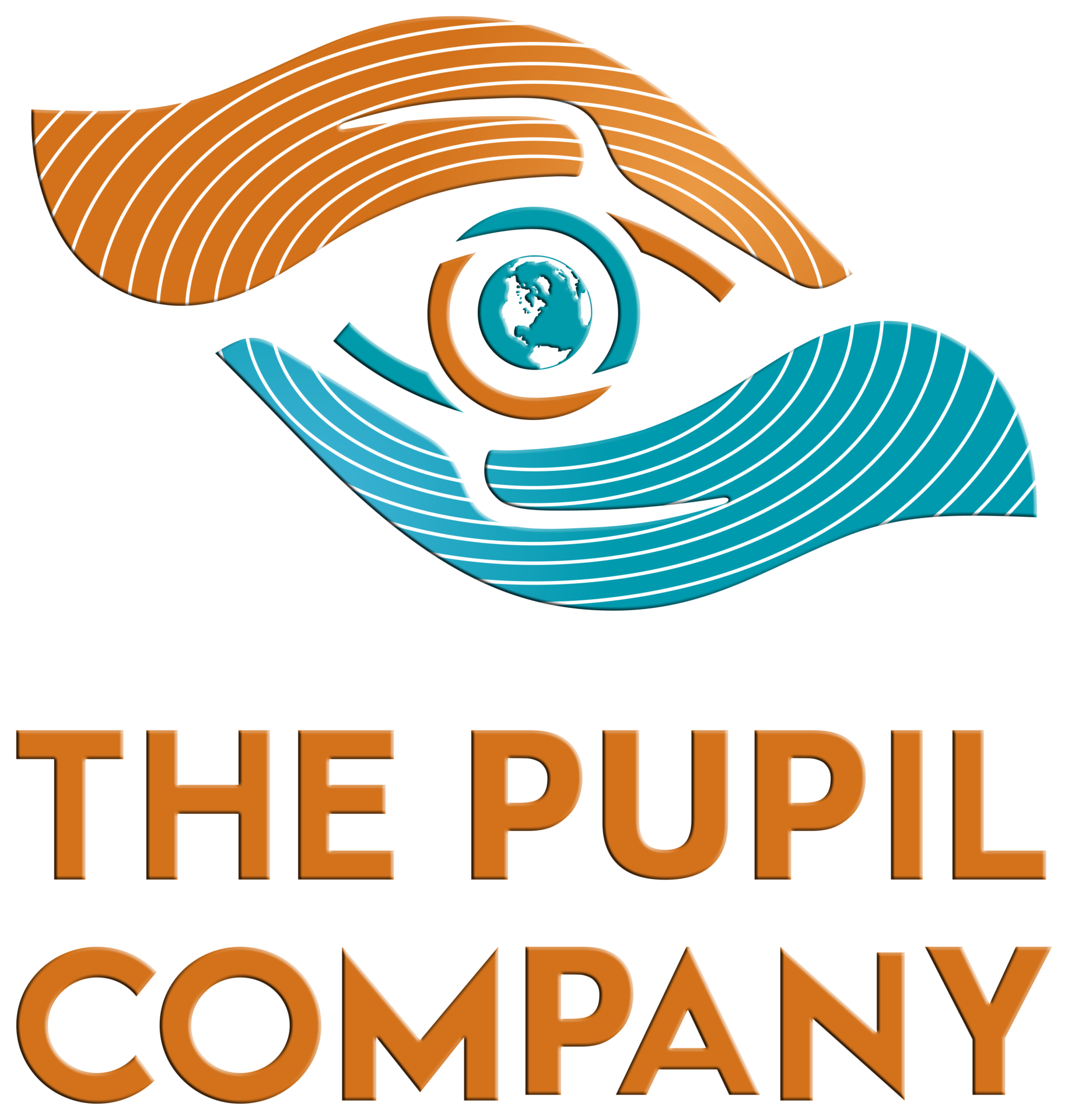Artificial intelligence in learning is like having a personal guide who knows exactly what you need to succeed, adapting to your pace and preferences in real-time. In today’s corporate training, AI doesn’t just deliver content—it creates a personalized learning journey that evolves with the learner. This shift is transforming the way we think about training, turning it from a one-size-fits-all approach into a customized experience that sticks.
AI’s ability to analyze data and adjust to individual needs is what sets it apart from traditional learning methods. Imagine a classroom where every student gets their own customized lesson plan. AI makes this possible by constantly assessing how learners interact with content, what they struggle with, and how they progress. It can recommend additional resources, alter the pace of learning, and even predict where someone might need more support. This level of personalization keeps learners engaged because the training feels relevant and tailored to their unique challenges and goals. It’s no longer about just checking off a list of skills; it’s about mastering them at your own pace.
Beyond just adapting to the learner, AI can also provide real-time feedback, something that has always been a challenge in corporate training. Instead of waiting for a post-training assessment, AI tools can gauge understanding and application as learners move through the material. Whether it’s through quizzes, interactive simulations, or even tracking learner behavior, AI can instantly identify where someone is excelling or falling behind. This creates a learning environment where employees get immediate guidance, allowing them to adjust before small misunderstandings become bigger issues. The result? A more efficient learning process that builds confidence and competence at the same time.
Perhaps the most revolutionary aspect of AI in learning is its ability to predict future learning needs. By analyzing past performance and learning habits, AI can forecast what a learner will need to focus on next, creating a dynamic, ever-evolving learning path. For example, if a sales associate excels at closing deals but struggles with building client rapport, AI can adjust future training to focus more on communication skills. This predictive power takes personalized learning to a whole new level, turning training from a reactive process into a proactive one that constantly anticipates and responds to the learner’s development.
For corporate trainers, this means that embracing AI can transform the way you approach training. Instead of developing static, one-off courses, you can create a dynamic learning experience that adapts to each employee’s strengths, weaknesses, and career path. Start by using AI-driven tools to gather data on learner performance, then use that data to inform not just what to teach, but how to teach it. By leveraging AI’s ability to personalize, you’re not just delivering content—you’re building a training ecosystem that supports continuous growth and development.
